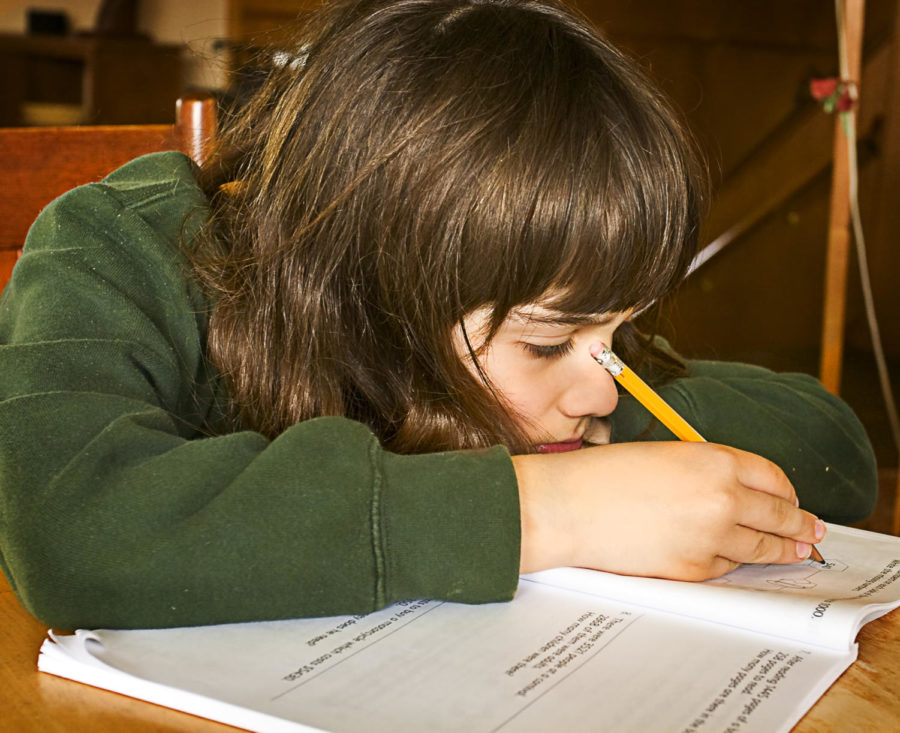Since the COVID-19 pandemic, a variety of things have changed in our lives, such as how we view time spent with family. Teens, because of the pandemic, now struggle with more anxiety and awkwardness towards their peers and adults. This pandemic has also begun to affect academics, too.
According to The Nation’s Report Card, scores have begun to decline for 13-year-old students in reading and mathematics. Compared to scores in the 2019-20 school year to the 2022-23 school year, reading scores dropped four percent. It’s not only declining academic scores but also motivation in the classroom for English studies. Sarah Dudley, an English teacher at Wakefield High School, explains what she notices regarding motivation.
“I see a decrease in reading stamina; students can still read, but longer reading assignments seem to take more effort than they used to,” Dudley said. “The only way I know to address this is through practice – reading more to become better readers.”
Before COVID, most students were on standard-grade level of reading, with some even having above-average scores. As a result of the pandemic, reading scores began to decline due to the less personalized work that was given. Caleb Roderick, an AP Literature and English I teacher, found that it was harder to help students without in-person classes.
“With the students being remote, I knew so little about [them],” Roderick said. “Being able to give them individualized work and things that would help them specifically was impossible.”
COVID not only brought down academics, but it also made students more stressed about grades and school workloads. Students felt as though they were under more stress during COVID-19 compared to previous years because of how little they were engaged in school, as well as strained friend and teacher relationships. Due to the significant number of students who were unable to find effective coping mechanisms, other ways were found to help students further their reading comprehension grades through reading.
Heather McDonald, an English II teacher, explains the comfort behind books during COVID-19.
“I think a lot of people were comforted by books,” McDonald said. “It made them feel safe; I [also] enjoyed books during the pandemic, I think it was used as therapy in many ways.”
However, some students have an opposing viewpoint. Senior Ella Schnegelberger strived with academics and physical health during this pandemic.
“I feel like COVID-19 helped my academics because it taught me how to be more responsible,” Schnegelberger said. “[One] of the things I did during COVID was exercise. It continues to help me get all the energy needed to get out to keep my mind focused.”
Now, even three years later, students’ scores and motivation are dropping lower than we’ve seen them. Students and teachers are now fighting to regain what the virtual classes took from our academics.
“Students who already enjoyed reading had a lot more opportunity to do it, and more freedom to read what they wanted outside of school hours,” Dudley said. “Students who didn’t enjoy reading had less structure and support to grow their reading skills, and I think we’re seeing the later results of that now.”










